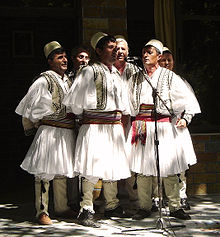 | ||||
| Music of Albania | ||||
| General topics | ||||
|---|---|---|---|---|
| Genres | ||||
| Media and performance | ||||
| ||||
| Nationalistic and patriotic songs | ||||
| ||||
The Albanian Urban Lyric Song is a musical tradition of Albania that started in the 18th century and culminated in the 1930s. [1]
 | ||||
| Music of Albania | ||||
| General topics | ||||
|---|---|---|---|---|
| Genres | ||||
| Media and performance | ||||
| ||||
| Nationalistic and patriotic songs | ||||
| ||||
The Albanian Urban Lyric Song is a musical tradition of Albania that started in the 18th century and culminated in the 1930s. [1]

The music of Albania is associated with the country of Albania and Albanian communities. Music has a long tradition in the country and is known for its regional diversity, from the Ghegs in the North to the Tosks in the South. It is an integral part of the national identity, strongly influenced by the country's long and turbulent history, which forced Albanians to protect their culture from their overlords by living in rural and remote mountains.

Fustanella is a traditional pleated skirt-like garment that is also referred to as a kilt worn by men of many nations in the Balkans. In modern times, the fustanella is part of Balkan folk dresses. In Greece, a short version of the fustanella is worn by ceremonial military units such as the Evzones, while in Albania it was worn by the Royal Guard in the interbellum era. Both Greece and Albania claim the fustanella as a national costume. Additionally Aromanians claim the fustanella as their ethnic costume.
Palokë Kurti (1858–1920) was an Albanian composer, performer, and singer. A native of Shkodër, he was a musical amateur who composed the Unity of Albania March in 1881.
Tonin Harapi (1926–1992) was an Albanian composer and teacher. He was born in Shkodër, Albania. He studied composition in Moscow, USSR. He was professor of composition at the Conservatory of Tirana; and the winner of many prizes and titles.

The çifteli is a plucked string instrument, with only two strings, played mainly by the Gheg people of northern and central Albania, Southern Montenegro, parts of North Macedonia and Kosovo.
Pjetër Dungu (1908–1989) was an Albanian piano accompanist and composer-arranger of urban folk music. He is known in the history of the music of Albania as the first compiler of Albanian folk songs.

Haki Stërmilli was an Albanian writer and journalist. His works dealt mostly with issues related to the rights of Albanian communities outside Albania, republicanism, the emancipation of women and feminism. His best-known work is the novel Sikur të isha djalë.
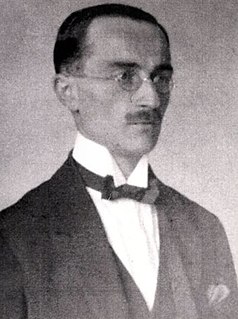
Thanas Floqi was an Albanian educator and patriot, and one of the signatories of the Albanian Declaration of Independence.
Osman Resul Taka was a Cham Albanian dancer and unclear personage from 19th century. The Dance of Osman Taka is named after him. His early life is not clear. He belongs to the Taka clan of Filiates, also known for Alush Taka, an Albanian patriot.
According to narrative sources, his name became well-known during the mid 19th century. He was probably a kachak or klepht fighting the Ottomans in Chameria region. Other sources connect him with the Albanian National Awakening of late 19th century. He was jailed in Yanina and was sentenced to death. When he was asked to give his final wish, he wanted to dance. The folk tradition says that his dance was so beautiful that the local Albanian gendarmes of the Ottoman army, did not execute him. After some days he was caught again and was killed in Konispol.
Ibrahim Tukiqi (1926–2004), also referred as Ibrahim Tukiçi, was an Albanian singer. He was born in Shkodër, Albania. He studied for canto in the Tchaikovsky Conservatory and graduated in 1957. After finishing the studies in 1957 he got a job at the National Theatre of Opera and Ballet of Albania.

Tefta Tashko-Koço was an Albanian singer and soprano. She was a leading figure in the regional music industry and is considered one of the most influential personalities of the 20th century in the Albanian-speaking world.
Neço Muko (October 21, 1899 – 1934), also known as Neço Muko Himarjoti, was an Albanian singer and composer. His musical style created a new genre of Albanian polyphonic music called avaz himariot, or avaz himariotçe, that became identified with the music of his home region Himarë.
Aheng is a musical ensemble or the music played by the ensemble itself. The aim, structure and function of the aheng ensembles were defined in the musical ensembles in Albania and other Balkan countries in the 18th to 20th centuries.
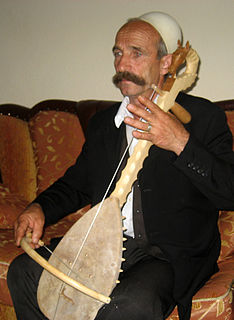
Albanian epic poetry is a form of epic poetry created by the Albanian people. It consists of a longstanding oral tradition still very much alive. A good number of Albanian rhapsodes can be found today in Kosovo and northern Albania, and some also in Montenegro. Northern Albanian epic poetry is performed singing to the accompaniment of the lahutë or çifteli. Within the Albanian epic poetry, Kângë Kreshnikësh constitute the most important heroic non-historical cycle, while the songs of Skanderbeg form the most important historical cycle.

Konstantin "Kosta" P. Manojlović was a Serbian composer, ethnomusicologist, educator and choral conductor.
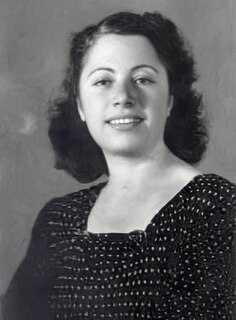
Lola GjokaAleksi was an Albanian pianist during the period of the Communist regime.
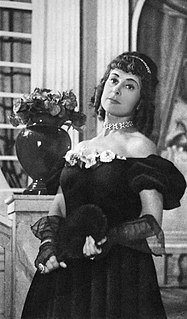
Marie Kraja or Marie Paluca was an Albanian opera singer who is particularly known for her delivery of Albanian folk songs.
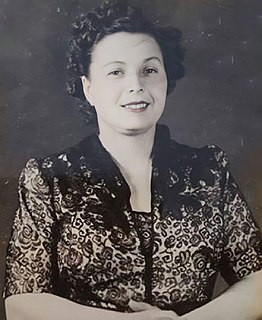
Jorgjia Filçe-Truja was an Albanian soprano. She was one of the icons of the Albanian urban lyrical music, and one of the main contributors for the establishment of the Academy of Arts of Albania.
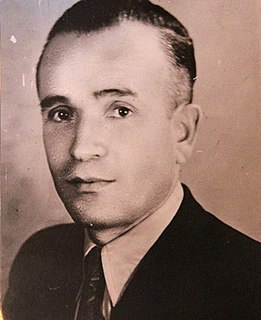
Kristo Kono (1907–1991) was an Albanian composer and recipient of the People's Artist title in 1961, the highest artistic recognition title during the communist era. He was one of the early contributors to Albanian music and opera who spent all his life in their service; one of the symbols of the cultural traditions of his hometown of Korçë, same as other musicians as Tefta Tashko-Koço, Jorgjia Truja, and Kristaq Antoniu; and one of the main personalities of the early generation of Albanian composers together with Nikolla Zoraqi, Tish Daija, Tonin Harapi, and Feim Ibrahimi.
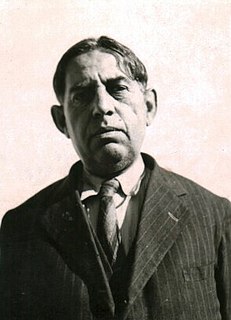
Milto Sotir Gurra (1884–1972) was an Albanian journalist and short story writer of the 20th century. His first works came out during the last period of the Albanian National Awakening and continued for a 50-year period. Although simple in character and at times permeated by naive sentimental notes, Gurra's work reserves a certain importance within the Albanian literature due to its social context and thematics. Beside his own creations, Gurra translated to Albanian some of the masterpieces of the classic Russian literature.